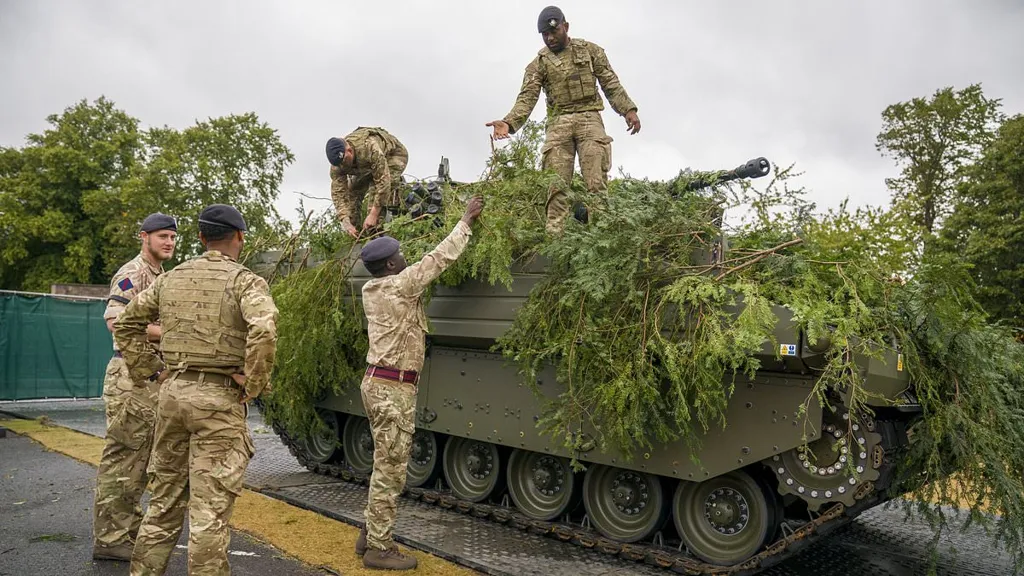Dozens of potential soldiers have been barred from joining the Army because of their bad teeth.
Figures released by the Ministry of Defence show that in the last four years 173 would-be recruits were turned away because of gum disease and rotting teeth.
The applicants were just a fraction of the almost 47,000 Army hopefuls rejected on medical grounds such as psychological issues, heart problems and being short-sighted.
The Army is currently composed of around 71,000 troops and the defence secretary John Healey has admitted it will take 'some time to reverse the decline'.
Bad teeth is a particular issue in the Armed Forces. MoD figures published in June show that around 36,000 troops require treatment for tooth decay and gum disease.
The MoD puts personnel with teeth problems into two categories: Nato 2 - meaning they require a filling or have mild gum disease or tooth decay - and there are 15,000 troops at this level.
Nato category 3 - severe gums disease, abscesses, large tooth-decay issues and there are 11,000 of these.
The number of troops from all three armed forces requiring urgent dental treatment has increased by 5,000 in 12 months.
A recent study found that for every 1,000 troops deployed on operations between 100 and 150 needed dental treatment at some point.
In Afghanistan, helicopters had to be flown into remote bases so that soldiers could be evacuated to Camp Bastion for urgent dental treatment.
The British Dental Association have said that more troops were incapacitated with dental problems in Iraq and Afghanistan than through combat.
Research has shown that recruits joining the Armed Forces have more than twice as many dental problems as the rest of society partly because many come from impoverished backgrounds with a poor diet.
Good dental health is crucial for the armed forces because those with severe tooth problems cannot deploy on operations in case the problem worsens and they are unable to get treatment.
The MoD figures, which cover the period between 2020 and 2024, show that almost half of all recruits rejected on medical grounds were because of psychiatric problems.
Last year 13,668 applicants were refused entry on medical grounds even though the Army is struggling to recruit more personnel.
Troops have also been barred from Army service for reproductive problems, hormone conditions and musculoskeletal reasons, such as bones broken earlier in life.
The Army has 71,000 troops - down from 100,000 at the turn of the century - with Defence Secretary John Healey admitting it will take 'some time to reverse the decline'
Over 1,800 personnel were also prevented from joining up because of dermatological conditions such as acne.
Last year, a senior official from the recruitment firm Capita told MPs that the medical requirements were so stringent that the England Rugby team would be refused entry.
Richard Holroyd, the company's managing director, said that Capita had been targeting a total of 9,813 recruits for 2023/24 but has only been able to attract around 5,000 since April last year.
Mr Holroyd highlighted that young people with tattoos above the collar line or on their hands, sufferers of hay fever and asthma, people with a high body-mass index (BMI), and those who had broken bones in childhood were often excluded.
He added: 'I think the current England rugby team would struggle to join the Army.'
'Broken bones are a particular issue. A childhood rugby injury can preclude somebody and therefore we are constantly challenging the Army to relook at their policy and processes.'
He said: 'The amount of medical scrutiny that we now have, and the amount of medical evidence and medical science has progressed such that we have far much more data on people than we used to have.'
The MoD was contacted for comment.
